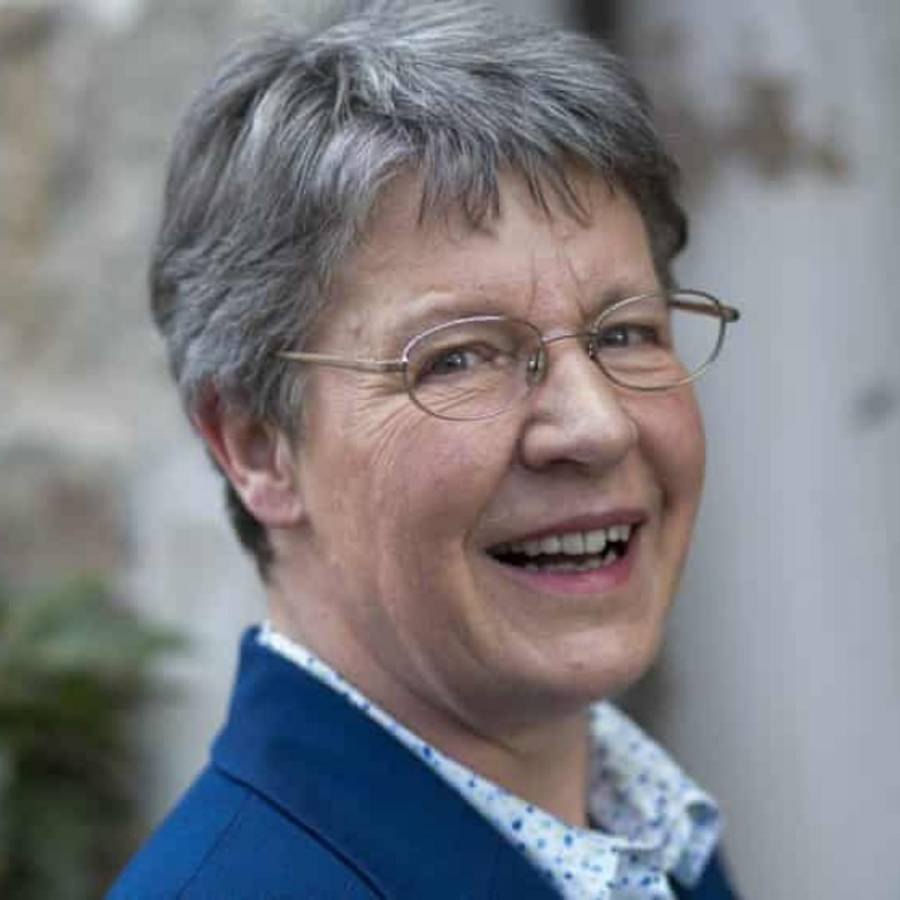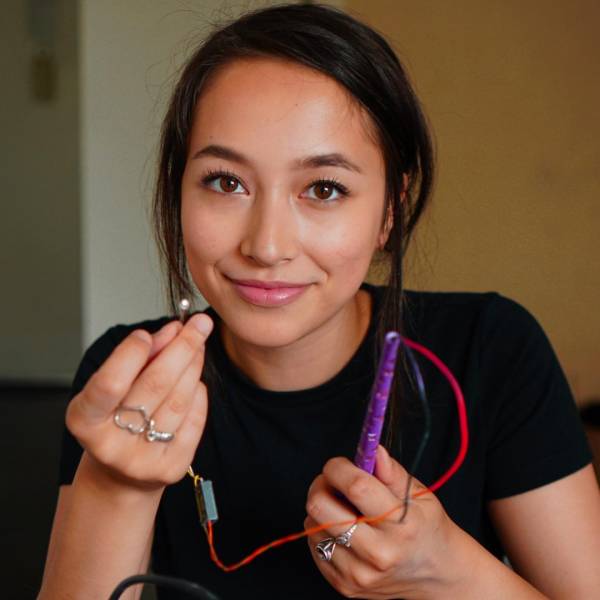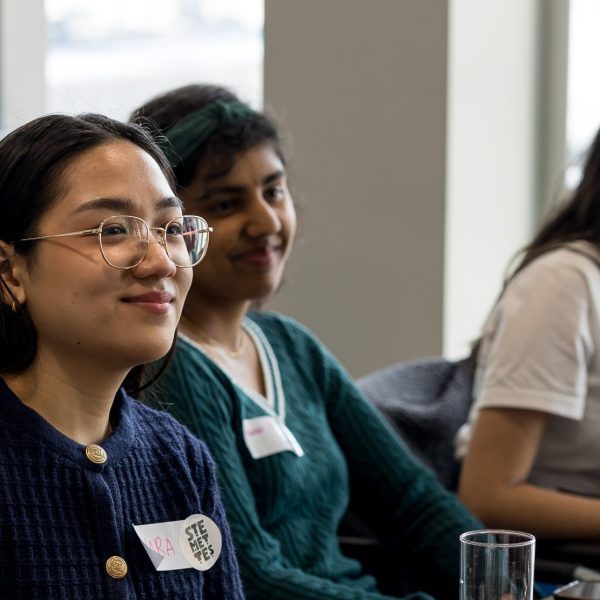Growing Up
At school in Belfast, Jocelyn wasn’t allowed to study science until her parents challenged the school policy. She impressed her physics teachers and went to the University of Glasgow to study Physics.
Jocelyn joined the University of Cambridge for her PhD. There were very few women studying astrophysics, and she often speaks of suffering from Imposter Syndrome while there.
“I was quite sure they’d made a mistake admitting me, they’d discover their mistake and throw me out. But I was a bit of a fighter and said that until they throw me out, I will work my very hardest, so that when they do throw me out, I won’t have a guilty conscience. I’ll know I’ve done my best.” – Jocelyn Bell Burnell
Discovery and Career
Jocelyn researched ‘quasars’ – supermassive black holes surrounded by a disk of gas. Without computers to analyse the data, Jocelyn had to analyse over 120 metres of charts by hand. She noticed what she called ‘a bit of scruff’ on the charts and marked it with a question mark. Later, noticing a similar blip in the charts, Jocelyn went back over the data and found this happened at regular intervals. Her supervisor, Anthony Hewish, marked the discovery ‘Little Green Men’, believing the signal was artificial or human error.
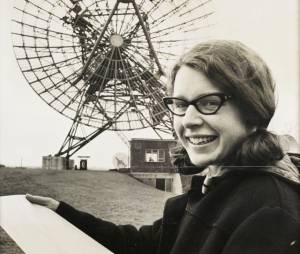
Convincing her supervisor that this wasn’t artificial, they turned the telescope to point to where they expected to see it in the sky, and after a tense wait, saw the phenomenon again. What Jocelyn had discovered was a rapidly rotating neutron star that became known as a pulsar. This discovery went on to win a Nobel Prize, but she was not named in the work.
Despite the Nobel Prize controversy, Jocelyn has always risen above it and focused on research and improving the world of STEM for women. She worked at many universities over the years, inspiring the next generation of astrophysicists. From 2002-2004, she was President of the Royal Astronomical Society.
Legacy and Awards
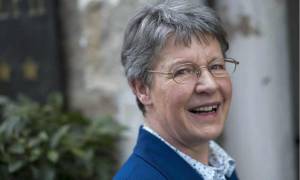
Jocelyn’s impact on physics shows in the long list of awards to her name and opening the door for women in STEM. She is now a widely recognised and respected figure in her field. The revolutionary discovery of pulsars has allowed for the testing of Einstein’s general theory of relativity and revealing gravitational waves.
In 2018 Jocelyn won the Special Breakthrough Prize in Fundamental Physics. She donated the £2.3 million dollar prize money to help female, refugee and minority students wanting to be physics researchers. This Institute of Physics bursary scheme is the ‘Bell Burnell Graduate Scheme Fund’.
Jocelyn is still inspiring women in STEM through talks and events. She helps overcome Imposter Syndrome, using her own experience to show we deserve our roles in STEM. Read more about Jocelyn and her career here >>
This article was written by Sarah Laptain, Stemettes Intern
Last updated in July 2021
